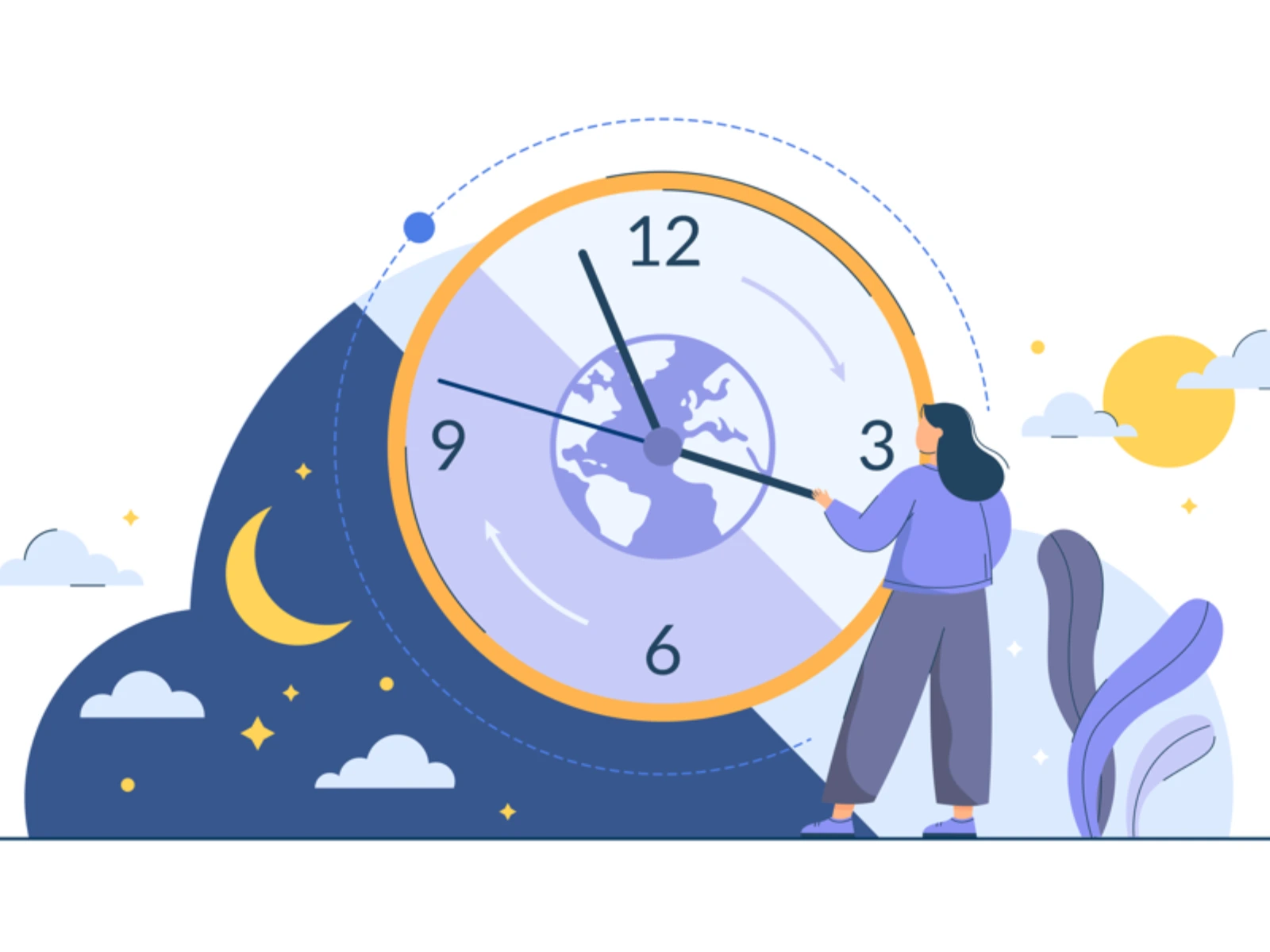News
8 Minutes

What can our genes tell us about sleep?
We all know how vital sleep is for our health, but did you know that your genes might be influencing how well you sleep? Recent research has uncovered that our genetic makeup plays a role in both the quality and quantity of our sleep, helping to explain why some of us are night owls while others thrive in the morning. Understanding your unique genetic chronotype and circadian rhythm could unlock the secrets to better sleep and optimal health.
08/10/2024
Why Do We Need Sleep Anyway?
We all know that good sleep is absolutely vital to good health. And we all know - probably far too well - how even a single bad night’s sleep can leave us feeling sluggish and unable to perform at our best the next day, whether that’s at work or in sport. Long term bad sleep can also have a profound and lasting impact on our health, from raising the risks of high blood pressure, diabetes, heart attack, heart failure, stroke - to having a debilitating effect on our mental health, too.
Sleep is simply vital for us to function properly, whether it’s to keep our immune system or our emotional health robust, our short term memory functioning or to rid our brains of toxins. And while sleep science is still a new field with vast amounts more to understand, we are learning more all the time. In particular, we are learning how our own unique genetic make up influences our sleep, both in quality and in quantity.
Since the 1950s we have known about the different phases of sleep, from light to deep to REM. In the last decade, scientists have also discovered the glymphatic system - a network of vessels that clear waste from the central nervous system (CNS), mostly during sleep. During these later phases, built-up waste products are flushed away, muscles are built, tissues are repaired, and our immune systems are strengthened.
What Do Our Genes Have to Do With Sleep?
In the last twenty years, scientists have also learned that there are specific genes associated with sleep disorders. In 1997 the very first gene that involved the circadian rhythm - the CLOCK gene - was discovered by Joseph Takahashi and since then more have been identified. With such advances in understanding, finally some light is starting to be shed on the mysteries of conditions like insomnia and sleep apnoea.
Even people without any specific sleep conditions will have phases of bad sleep. It is recommended for all adults to aim for seven to nine hours of quality sleep a night. And by now, we all probably know that sleep hygiene is important in achieving this - even if we don’t always practise it! Leaving phones out of the bedroom, keeping bedrooms cool and dark, and sticking to a routine can significantly help improve our sleep, and in turn our overall health and quality of life. That much may be obvious: but how do we know what that routine should look like for us, as individuals?
What Is A Chronotype?
We all have a genetic chronotype. That is essentially your genetic predisposition towards following a particular sleep and wake schedule - or chronotype - which in turn will affect how you sleep, exercise and perform through the day.
Family studies have shown that your chronotype is a heritable trait, though these patterns or schedules can change through life. If you remember your teenage years - or know any teenagers now - you’ll know that adolescents typically sleep much later, yet the same people can later in life be ‘early birds’. This shifts in life are entirely normal.
However there are certain genetic mutations or variants that can affect our chronotypes - for example single-gene mutations that can cause extreme early or late chronotypes, or even genetic variants in the retina.
So understanding the effect that our own genes have on the circadian rhythm is essential for enhancing our own sleep quality - and also sheds insight into whether you are inclined to be a morning or evening person.
What Can You Learn From a StrideDNA Sleep & Stress Report?
- Chronotype: Discover your genetic chronotype, which determines whether you are naturally inclined to be a morning person or a night owl. Understanding this helps you tailor your schedule to your energy peaks, improving productivity and overall well-being.
- Sleep Quality: Gain insights into where you fall on the genetic sleep quality scale and learn practical tips to improve your sleep hygiene, such as maintaining a regular sleep schedule and avoiding over-stimulating activities before bed.
- Caffeine & Sleep Response: Learn about your genetic sensitivity to caffeine, which can significantly impact your ability to sleep. If you're highly sensitive to caffeine, you may need to avoid caffeinated beverages several hours before bedtime to prevent sleep disruptions.
- Sleep & Eating Behaviour: Understand if late-night eating or certain food choices are disrupting your sleep cycle and gain suggestions on how to modify your eating patterns to enhance sleep quality.
This information can be powerful. You can’t change your genes, or your chronotype, but one thing you certainly can control is your daily light exposure. Getting natural light exposure at the ‘right’ time of day for you, along with maintaining a sleep schedule that aligns with your own circadian rhythm can really help you achieve optimal health and well-being.
Explore what your genes can tell you about sleep at https://www.getstride.com/dna-methylation/?prod=3







